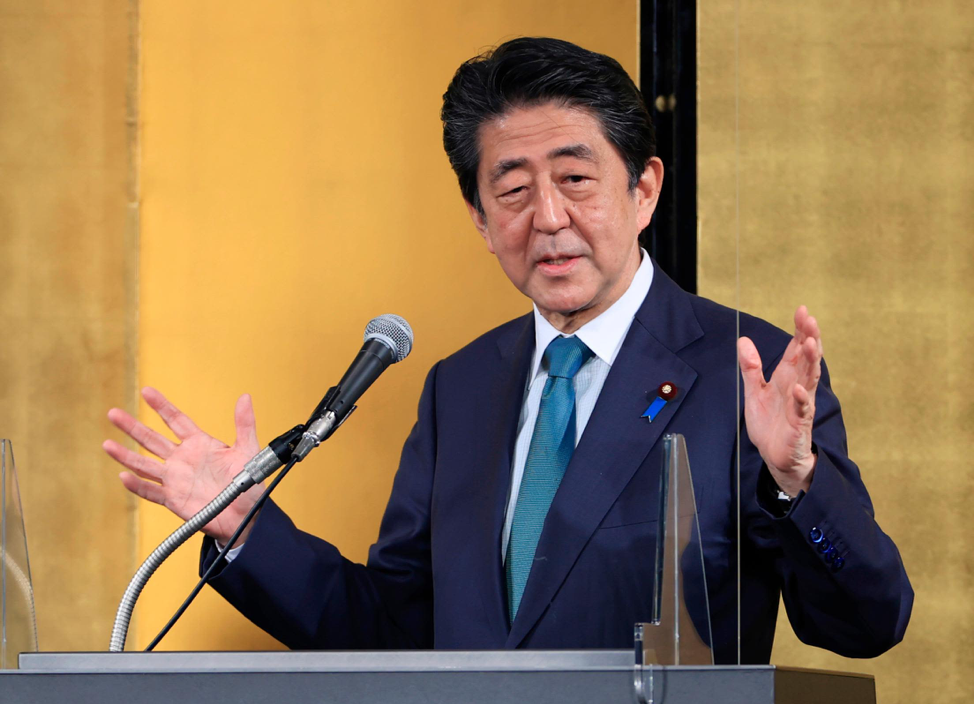Shinzo Abe Initiative Conference 2024 – March 28, 2024, Tokyo
I. Introduction
In a world marked by persistent conflict and strife, the pursuit of sustainable solutions for peace and stability has never been more crucial. As we gather at the Shinzo Abe Initiative Conference 2024, we explore the current dynamics of global conflict and war while seeking pathways towards lasting peace.
II. Examining the Dynamics of World Conflict and War
- Analysis of key factors contributing to conflicts and wars worldwide illuminates the multifaceted nature of contemporary issues, encompassing socio-economic disparities, political tensions, and ideological divides.
- Examination of historical precedents and patterns in global conflict provides valuable insights into the roots of contemporary conflicts and informs our understanding of recurring themes and challenges.
- Identification of emerging trends and challenges in modern conflicts underscores the evolving nature of warfare, including the proliferation of non-state actors, technological advancements, and the impact of climate change.
III. Proposed Solutions for Peace and Stability
- Diplomatic and Negotiation Efforts emphasize the importance of dialogue and conflict resolution mechanisms, bolstered by international cooperation and diplomatic channels.
- Conflict Prevention and Mediation initiatives focus on early warning systems, preventive diplomacy, and mediation efforts aimed at de-escalating tensions and resolving disputes before they escalate.
- Peacekeeping and Peacebuilding strategies underscore the vital role of UN peacekeeping missions, multinational peace operations, and post-conflict reconstruction efforts in building resilient and inclusive societies.
- Humanitarian Assistance and Protection highlight the imperative of providing humanitarian aid to affected populations while safeguarding civilians and upholding human rights in conflict zones.
IV. Implementation and Challenges
- Obstacles to the implementation of peace initiatives are examined, including political obstacles, resource constraints, and the persistence of underlying grievances.
- Role of international organizations, governments, and civil society is explored, emphasizing the importance of collaborative efforts in advancing peace agendas and addressing root causes of conflict.
- Strategies for overcoming challenges and advancing peace efforts underscore the need for innovative approaches, sustained engagement, and a commitment to shared values and principles.
V. Conclusion
The Shinzo Abe Initiative Conference 2024 reaffirms the initiative’s resolve to confront contemporary conflicts and wars with determination and vision. As we recap key findings and recommendations, let us heed the call to action for collective efforts towards global security and stability.
